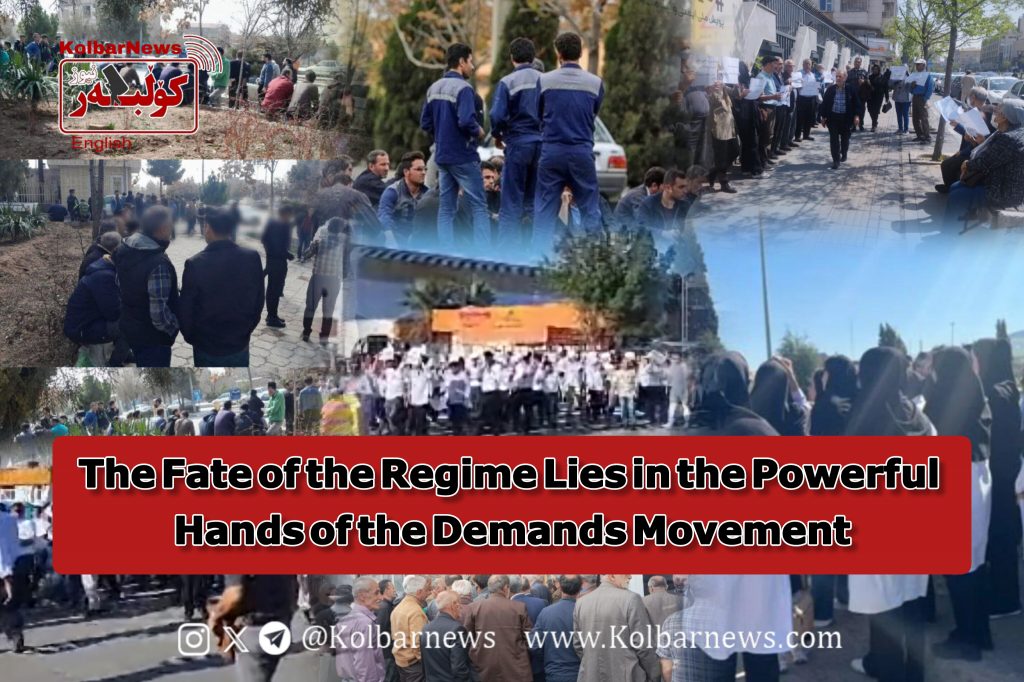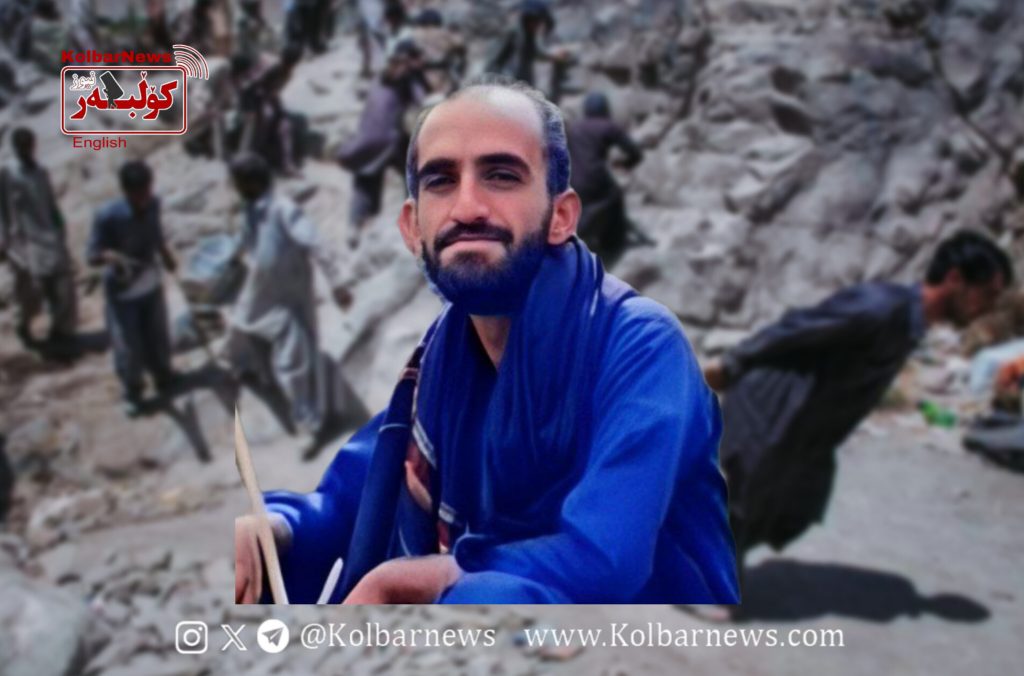
Protest gatherings, strikes, and demonstrations by workers, farmers, unveiled women, justice-seeking mothers, and other justice-seeking and resistant social groups continued in April as part of a growing and more forceful power dynamic against the regime. The grand Nowruz celebrations had already vividly illustrated a shift in conditions in favor of the people.
Workers in the oil, gas, and petrochemical sectors continued to lead the demands movement. For example, on Thursday, April 10, workers from the third-party contractor group at the Iranian Offshore Oil Company in the Lavan operational region went on strike and held a protest over the lack of permanent employment, extremely low wages, the non-implementation of the job classification plan, and unequal pay for equal work. Their demands, voiced repeatedly in past actions, are shared by third-party contract workers across the industry. Some of these demands include: Wage increases matching the runaway inflation, Elimination of oil sector contractors, Full implementation of the job classification scheme, Enforcement of ruling No. 3188 by the Court on wage payments, Removal of overtime averaging in pay calculations, Access to 300 million toman loan facilities, and more.
On April 9, a number of workers at the Bidboland Refinery in Behbahan also stopped working and staged a protest at the worksite. They cited low wages, high taxes, discrimination in payments, and unfulfilled promises. Workers said that more than four and a half years have passed since the refinery’s launch, yet the managing director has failed to deliver the benefits promised at the time of hiring. These include wage bonuses and welfare packages. The refinery currently employs around 1,300 contract workers and 700 workers hired through official exams.
Similarly, on April 8, third-party contract workers at the Fajr Jam Gas Refining Company staged a protest with the same demands as their colleagues in Lavan.
Beyond the struggles of active oil workers, some retirees from this vital industry also took to the streets. On Wednesday, April 9, a group of retired oil industry workers both men and women gathered in front of the Welfare and Retirement Fund building in Amanieh, Ahvaz. They protested the lack of pension equalization, low pension payments, and the denial of their legal rights. These retirees emphasized that their fund is private and owned by them, insisting that its independence must be preserved since the fund’s resources belong to the oil retirees of Ahvaz and should not be interfered with by the state.
Elsewhere, on Sunday, April 6, a group of Haft-Tappeh workers protested water shortages affecting sugarcane farms by gathering in front of the governor’s office. The workers stated that the water allocation for their farms from Khuzestan Water Supply Company had been reduced compared to the previous year. They urged Shush officials to address the issue immediately, warning that the crisis not only threatens production but also the livelihoods of thousands of people.
In addition to the oil workers and labor sector, the continuing protests by Isfahan farmers after the traditional 13th day of the Persian New Year were also noteworthy. This struggle has been fundamentally directed against IRGC commanders who, for thirty years, diverted Zayandeh-Rud’s water for personal and class interests. Farmers from both eastern and western Isfahan, supported by urban activists, used the new balance of protest power to effectively resist the IRGC’s crackdown. As a result, the government was forced to intervene, leading to the temporary return of water to the parched Zayandeh-Rud. Farmers, while making use of the flowing water, continued their protests under the slogan “Zayandeh-Rud forever,” and demanded compensation for past damages.
Yesterday, Saturday, April 12, U.S. and Iranian representatives held a few hours of talks in Muscat, the capital of Oman. These talks were a continuation of secret agreements that the censored press and market circles optimistically welcomed. However, amid all this, the demands movement still deeply distrustful of the bankrupt Islamic regime and Trump’s maneuvers continued on its own path, once again proving that the regime’s survival lies not in the hands of the U.S., but in the hands of the workers and justice-seeking people.

